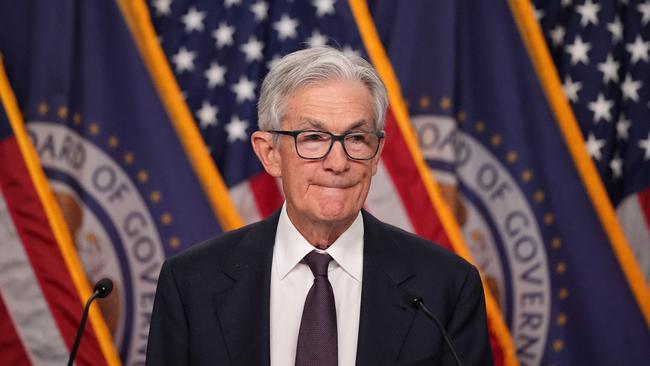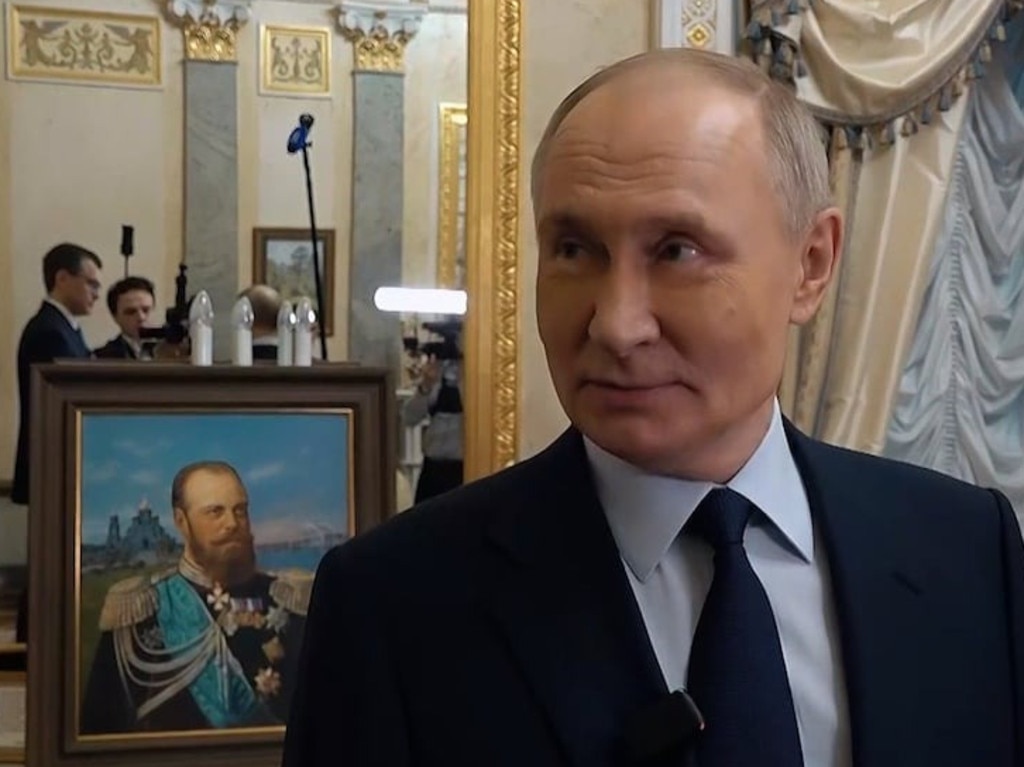
Meanwhile, US Federal Reserve chair Jerome Powell is in the front line in adapting to a more isolationist US as he tries to establish a suitable interest rate policy for the new environment.
On the one hand, he sees a US economy that is clearly in decline and normally lower interest rates would be certain.
But he also sees costs rising not only because of tariffs but because US China trade is in rapid decline and corporations are scrambling to adjust. Inevitably that means higher costs and an upward interest rate pressure.
Enhanced computer capacity driven by artificial intelligence will help lower US costs, but again the high technology companies at the forefront of this development are global operations which are being impacted by the decline in global trading.
Over in Moscow, Chinese President Xi Jinping and Russia’s Vladimir Putin are discussing the same phenomena. China has made another attempt to boost its consumer spending, but Chinese consumers are still feeling battered by the property collapse and by the intense government supervision of their activities.
Russia is, of course, greatly weakened by the Ukraine war. The peace negotiations driven by President Trump are dragging on.
Putin and Xi will have the Ukraine war high on their agenda, along with the US-China talks in Switzerland.
Almost certainly, Xi will attempt to put together a peace proposal that is linked to his dream of completing a fast rail line from the Pacific to the Atlantic, which was stalled by the Ukraine war and European reluctance.
The unpopularity of Donald Trump has changed European politics, so Xi will look for an opportunity. But it won’t be easy because Europe is looking to forge its own industrial base and will not want that destroyed by low-cost Chinese imports of goods like electric cars.
Xi will need to come up with a plan that not only achieves peace on satisfactory terms to Europe, but adapts to the decline in globalisation.
Here in Australia, like China, we were one of the great beneficiaries of globalisation, but a deglobalised world may see demand for iron ore fall and lower the price.
We are trying to negotiate a European trade deal, which will not be easy. However, we should move to the forefront in negotiating an Asian free trade deal. The Albanese talks with Indonesia will be important on this front.
The New York based S&P rating agency has already warned Australians that the electoral spendathon was not sustainable given our $70bn annual cash outflow. In addition, Australians have voted for higher energy/power costs, which will be delivered unless there is a major change in strategy.
Currently, there is speculation that Climate and Energy Minister Chris Bowen will stand down to become the next United Nations climate chief.
That would give Australia the chance to make full use of the Beetaloo gas reserves to help make our renewables economic and the nation power price competitive
US costs will be helped by lower energy prices and, if there is an Ukraine settlement, Europe may again get access to low-cost Russian gas
Meanwhile, the gold market has gone off the boil after the China-led buying eased. Nevertheless China is developing a long-term gold strategy.
The People’s Bank of China has been adding gold to its reserves for five consecutive months and China has also ordered its 10 largest pension funds to invest one per cent of their assets in gold, which, if carried out, could generate further substantial buying.
It looks as though China is trying to develop substantial gold reserves to give greater security to its own currency as it seeks to dislodge the US dollar’s dominance created during the last three decades of globalisation.





It is dawning on central bankers and politicians that the three decades of growth driven by globalisation is under threat. The globalisation era may have ended, to be replaced by much greater nationalism. China was a major beneficiary of globalisation, so will be looking for ways to salvage parts of the globalisation model. Australia will do the same.